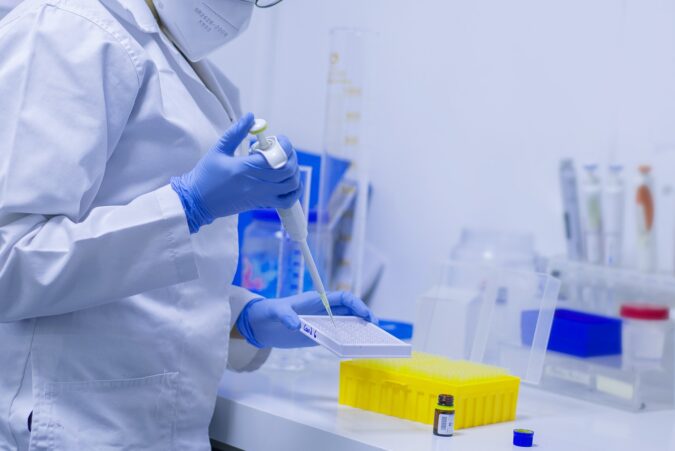Monkey-human embryos have been created and kept alive for an extended period for the first time in research that scientists said posed significant ethical questions.
The embryos, some of which continued to develop until 20 days, were made by injecting human stem cells into macaque embryos in a laboratory.
These stem cells continued to proliferate, creating embryos that were neither monkey nor human. All were grown outside the womb, and they averaged about 4 per cent human cells.
The researchers said that their work, which was published in the journal Cell, offered a way of studying early human development.
“As we are unable to conduct certain types of experiments in humans, it is essential that we have better models to more accurately study and understand human biology and disease,” said Juan Carlos Izpisua Belmonte, from the Salk Institute for Biological Sciences, California.
Other scientists said that although the work may offer a way around this ethical problem it created another.
















